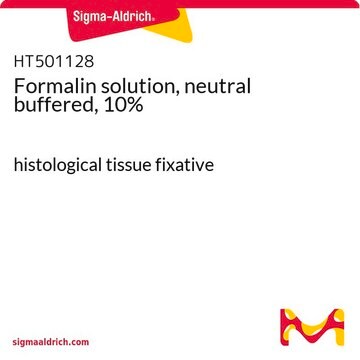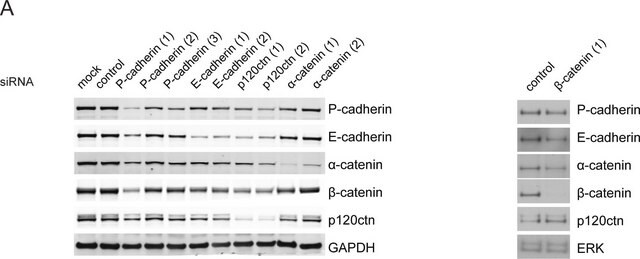07-452
Anti-dimethyl-Histone H3 (Lys27) Antibody
Upstate®, from rabbit
Synonym(s):
H3K27me2, Histone H3 (di methyl K27)
About This Item
Recommended Products
biological source
rabbit
Quality Level
antibody form
affinity purified immunoglobulin
antibody product type
primary antibodies
clone
polyclonal
purified by
affinity chromatography
species reactivity
human
manufacturer/tradename
Upstate®
technique(s)
ChIP: suitable (ChIP-seq)
cell based assay: suitable
dot blot: suitable
multiplexing: suitable
western blot: suitable
isotype
IgG
NCBI accession no.
UniProt accession no.
shipped in
wet ice
target post-translational modification
dimethylation (Lys27)
Gene Information
human ... H3C1(8350)
General description
Specificity
Immunogen
Application
Dot Blot, Immunocytochemistry (cells)
Epigenetics & Nuclear Function
Histones
Quality
Target description
Physical form
Storage and Stability
Analysis Note
HeLa whole cell lysate, U2OS cell lysate
Other Notes
Legal Information
Disclaimer
Not finding the right product?
Try our Product Selector Tool.
Storage Class Code
12 - Non Combustible Liquids
WGK
WGK 1
Flash Point(F)
Not applicable
Flash Point(C)
Not applicable
Certificates of Analysis (COA)
Search for Certificates of Analysis (COA) by entering the products Lot/Batch Number. Lot and Batch Numbers can be found on a product’s label following the words ‘Lot’ or ‘Batch’.
Already Own This Product?
Find documentation for the products that you have recently purchased in the Document Library.
Our team of scientists has experience in all areas of research including Life Science, Material Science, Chemical Synthesis, Chromatography, Analytical and many others.
Contact Technical Service








